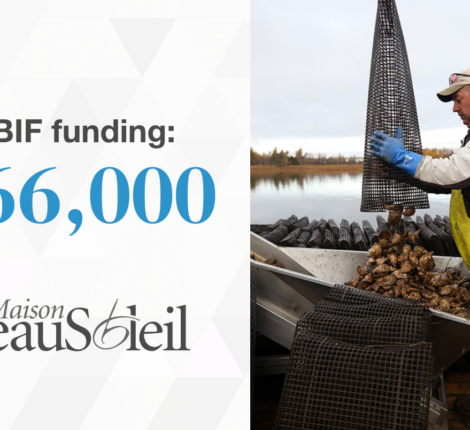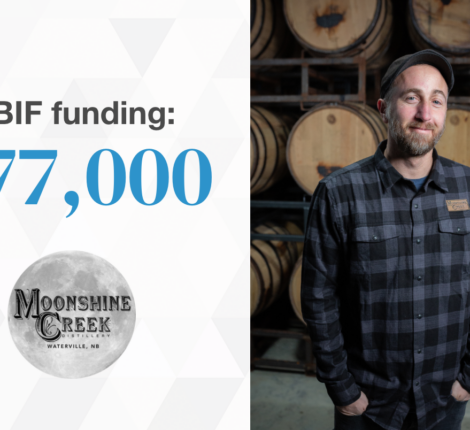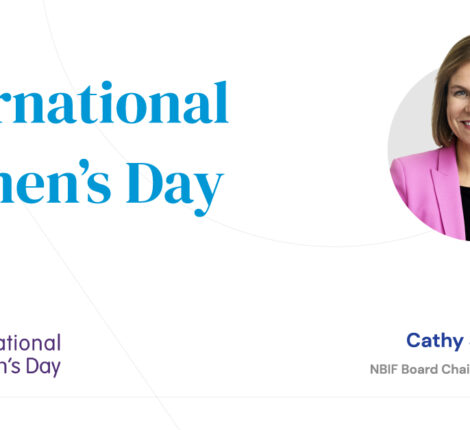- March 3, 2011
- Innovation Insights
- Comments : 0
New company wants to bring satellite technology down to Earth
By Stephen Llewellyn – The Daily Gleaner | link to original article
The technology used to make satellite images look better is coming to your hand-held camera soon if the Fredericton startup company SceneSharp Technologies is successful.
About eight years ago University of New Brunswick geodesy and geomatics engineering Prof. Yun Zhang invented software to enhance satellite images called UNB PanSharp.
Cameras on satellites circling the Earth at a height of 500 kilometres at high speed, which makes it very challenging to take a good colour picture, he said.
“Because satellites fly very fast and very high, they always need to have very high sensitivity cameras taking these images,” said Zhang.
Scientists discovered that rather than try to take a single high resolution colour picture of features on the Earth, it's easier to take a low-resolution colour picture and then combine it with a high-resolution black and white photo in a process called infusion.
UNB PanSharp automatically merges those two images for a crisp, clear, accurate colour photo, Zhang said. It can also be done in infrared.
Several companies make image infusion software, but Zhang said his software is widely regarded as the best and is used under licence by Google Maps and thousands of other companies.
Working on SharpScene Technologies are Zhang and fourth-year UNB business students Jordan deWinter and Pablo Alvarez. Their plan is to partner with a hardware manufacturer to put the infusion software into hand-held cameras.
Such a camera would have to have two different sensors to capture the colour and the black and white images, which would then be combined into a final picture.
Zhang – who's from China and got his PhD in Germany where he also worked on a European Mars project – said the result would be images that are three times sharper than current camera technology.
“We want to convert this technology into use by normal cameras,” he said.
“It can be easily converted into a normal camera with a fully automated process.”
Alvarez and deWinter are providing the business expertise for SharpScene.
“We need a partner to develop the hardware around it,” said deWinter. “We need certain sensors to make it work.”
Using the separate colour and black and white images also reduces camera data storage requirements to one-quarter that of regular images, said Zhang.
“If a camera can increase its sensitivity by three times, you can imagine how many applications we can have,” said Zhang.
That includes working with low light, which makes the technology attractive to security companies, he said.
“If the lighting is not good, the photo quality is very bad,” said Zhang about normal cameras.
The cost increase for such a two-sensor camera would be minimal, as little as a few dollars for a low-end camera and up to an extra $100 on a $400 camera, he said.
Alvarez said the low-light feature and the low data storage requirements make the camera ideal for security work, where they initially hope to market it.
“I came in to help Jordan with the research part of the business plan,” said Alvarez, who's from Ecuador.
“We've been looking at different markets.”
DeWinter, who's from Sussex, joined the project in September and said so far they have not found the hardware partner they need.
He said it is very exciting to be working with such unique technology.
“It's pretty amazing once I understood what he was doing,” he said.
Alvarez said he never expected to be working on such an important project.
“It is weird to think that as university students in our fourth year we would be working with technology like this,” he said.
“It is something I feel pretty proud about.”
Zhang said it feels great to be working on such a project.
“When we do research we always want to find something that can influence the world and make some difference in the world,” he said.
SceneSharp Technologies is one of the six finalists in the Breakthru business competition sponsored by the New Brunswick Innovation Foundation and the three are hoping that will assist them in going commercial.
The winner of the competition will be named at a gala dinner in Fredericton on March 16.


